
How should I use technology with my baby?
It’s the 21st century and technology is all around us! In fact, technology is what is allowing me to write this and you…
Discover the key milestones of physical, cognitive, linguistic and socio-affective child development and understand the science behind child development.
Discover the key milestones of physical, cognitive, linguistic and socio-affective child development and understand the science behind child development.

It’s the 21st century and technology is all around us! In fact, technology is what is allowing me to write this and you…

Key points: 1. Motherhood brings significant neurological changes, enhancing emotional bonding and sensory perception, particularly in smell and sound. 2. The brain adapts…

Key points: 1. Fostering sensitivity in your child promotes good manners and respect. 2. Demonstrate good manners through your actions to set an…
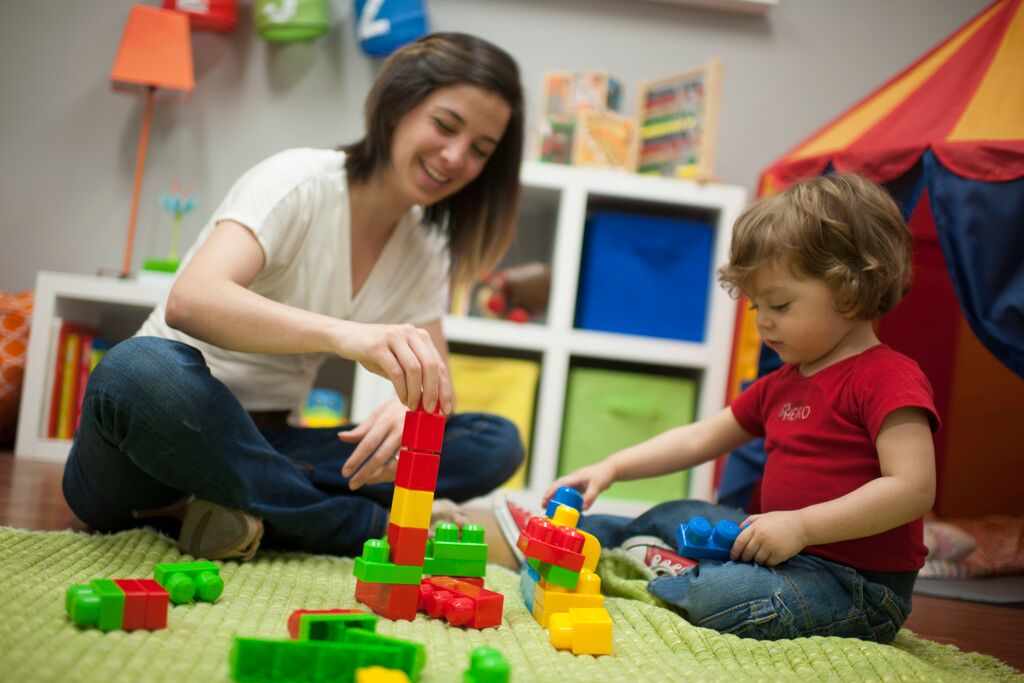
Key Points: Match toys to your child’s development stage for a more enriching play experience. Often, safe and suitable play materials can be…

Key points: 1. Conscious parenting involves introspection and mindfulness, recognizing how our reactions are linked to our own past experiences. 2. Parents shape…

Key points: 1. Social and emotional development is a better predictor of success than IQ. Studies show emotional control leads to better outcomes….

Key Points: Strive to develop loving relationships with your children to make them more receptive to what parents teach them. Be a strong…
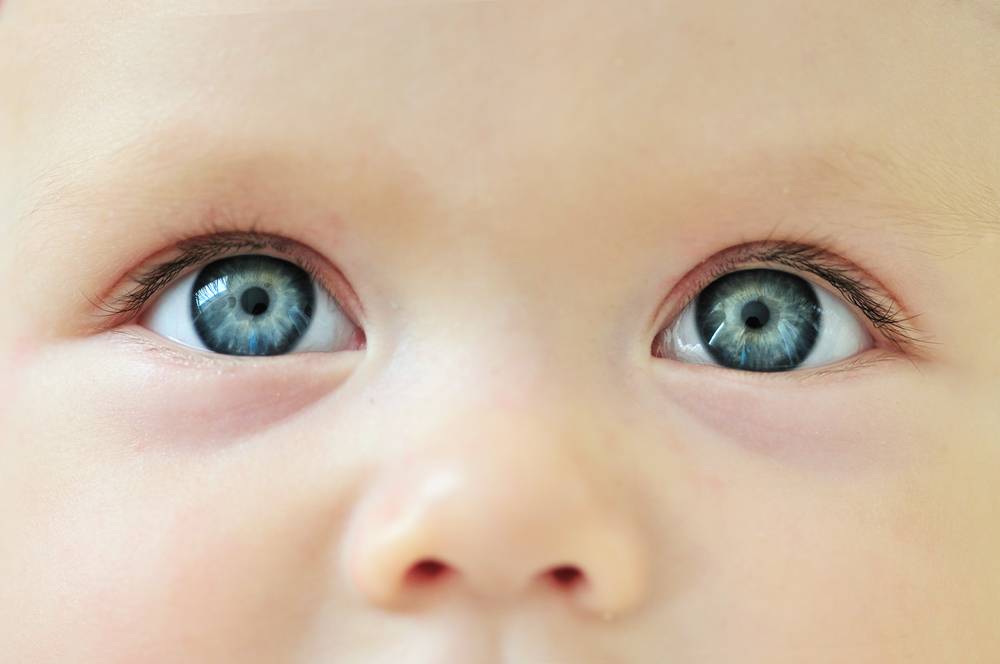
Key points: 1. Baby’s sight is crucial for perceiving and learning about the world. 2. Visual development involves both nature and nurture, with…

Being a dad is awesome! And although those first few days (or months) were a bit hard, you always knew that everything was…

Key points: 1. Love and stability during early childhood are crucial for managing stress and shaping a child’s future. 2. The frontal lobe,…

Key points: The first 3 years of life shape a child’s brain architecture and future learning. Sensitive caregiving, including parental responsiveness, during early…

Key points: Children need to develop emotional intelligence to manage their emotions, just like adults. Young children who participate in social-emotional skills programs…
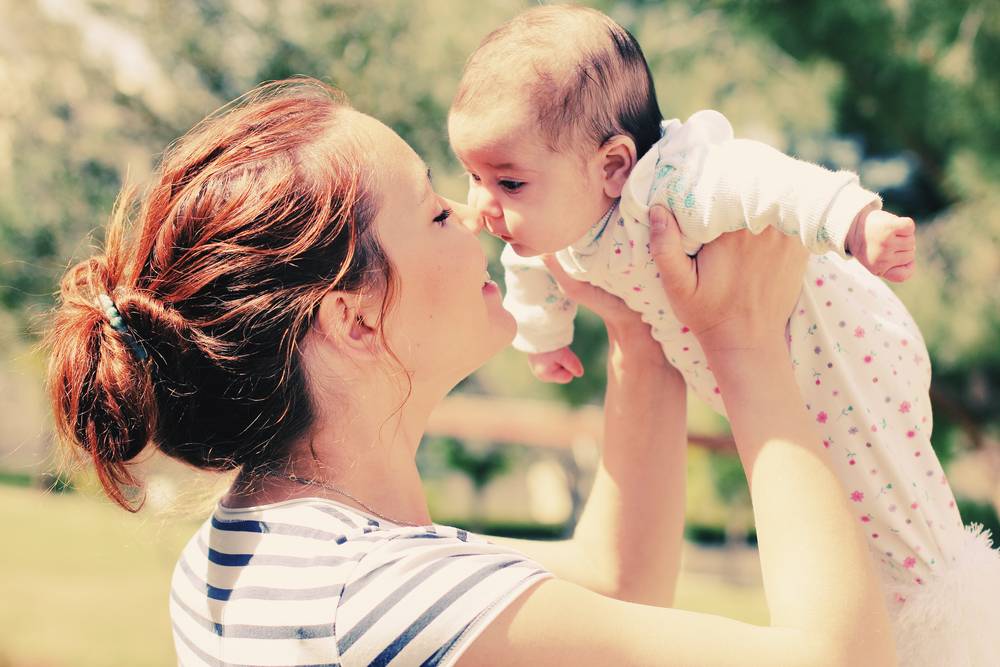
As a mother, you probably know all the struggles that parents face, but the truth is that, despite all the chaos the day…
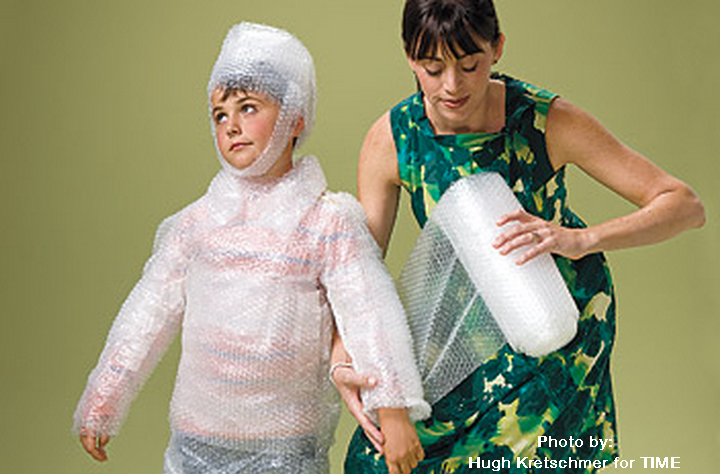
Key points: Allowing children to fail safely and learn from their mistakes helps them build resilience, which is essential to raising a confident,…

Key points: 1. Inform your older child about your pregnancy early on, ensuring they hear it from you. 2. Address significant changes in…

Key points: Mastery goal orientation is associated with positive qualities such as persistence, seeking out challenges, and a desire to learn, while performance…

Key points: 1. Tantrums are common in toddlers aged 1 to 3 as they can’t express feelings through words yet. 2. Stay calm…
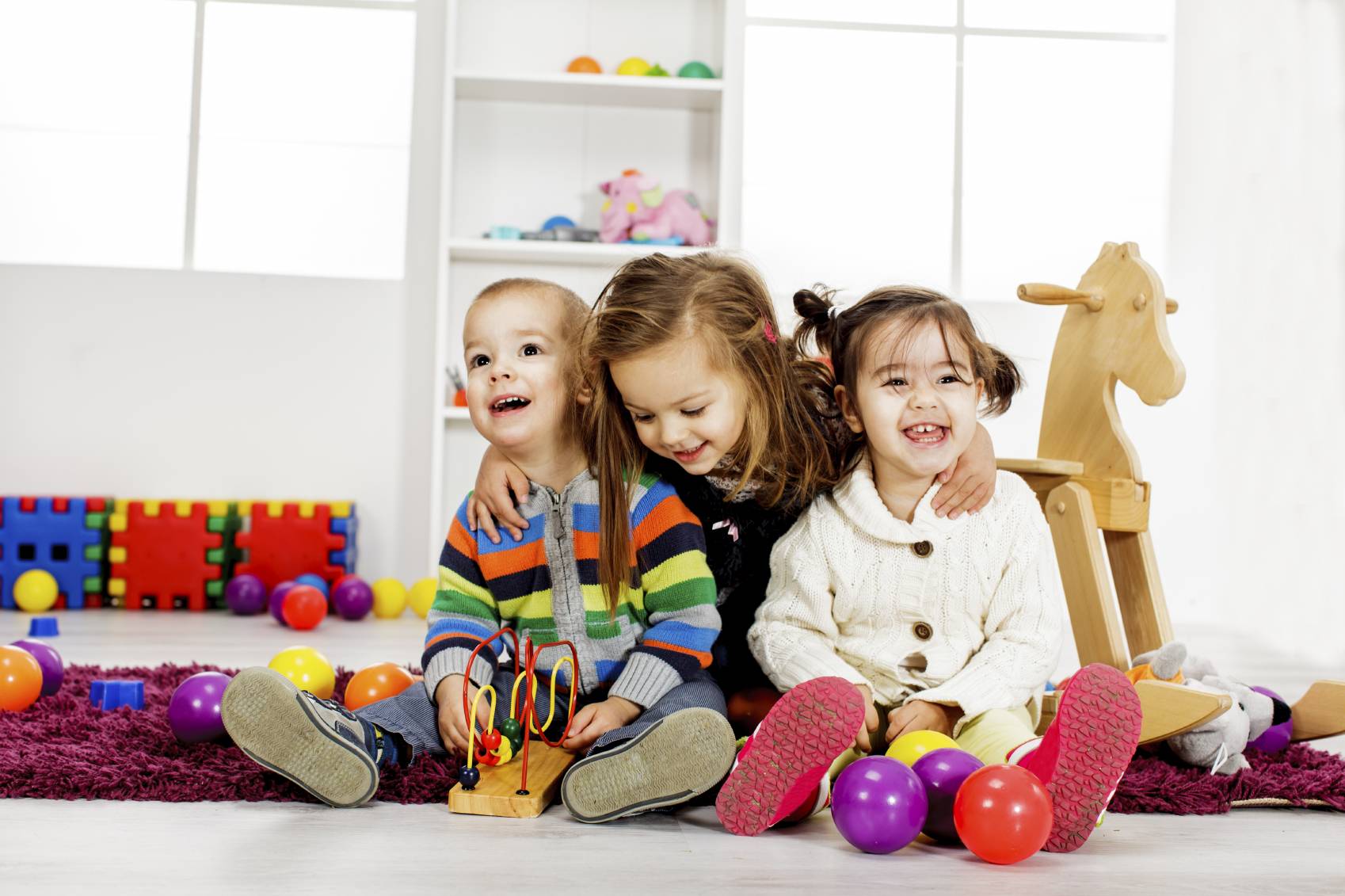
Key Points: Developing social skills is important for babies, as positive relationships with others can help them develop empathy, trust, and compassion. Babies…
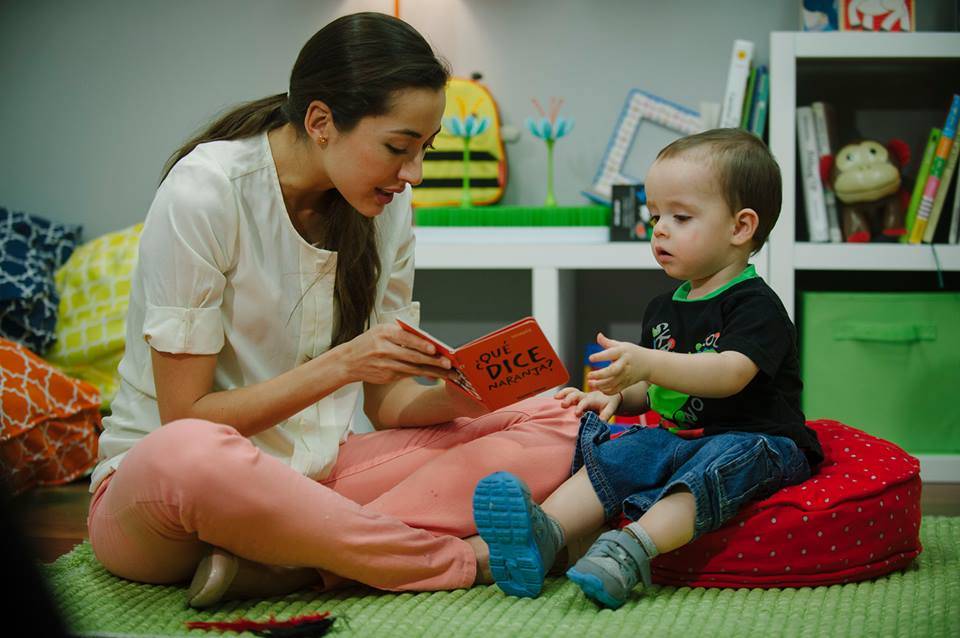
Key points: 1. Most babies experience separation anxiety around their first birthday, a natural part of early childhood. 2. Babies develop object permanence…
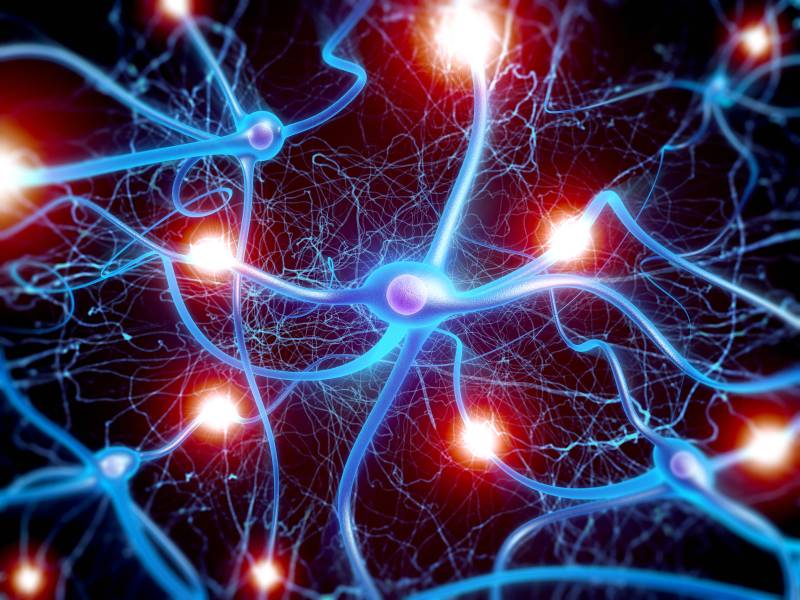
Key points: The brain is particularly responsive and malleable to experiences and the environment we live in during the early years, which affects…
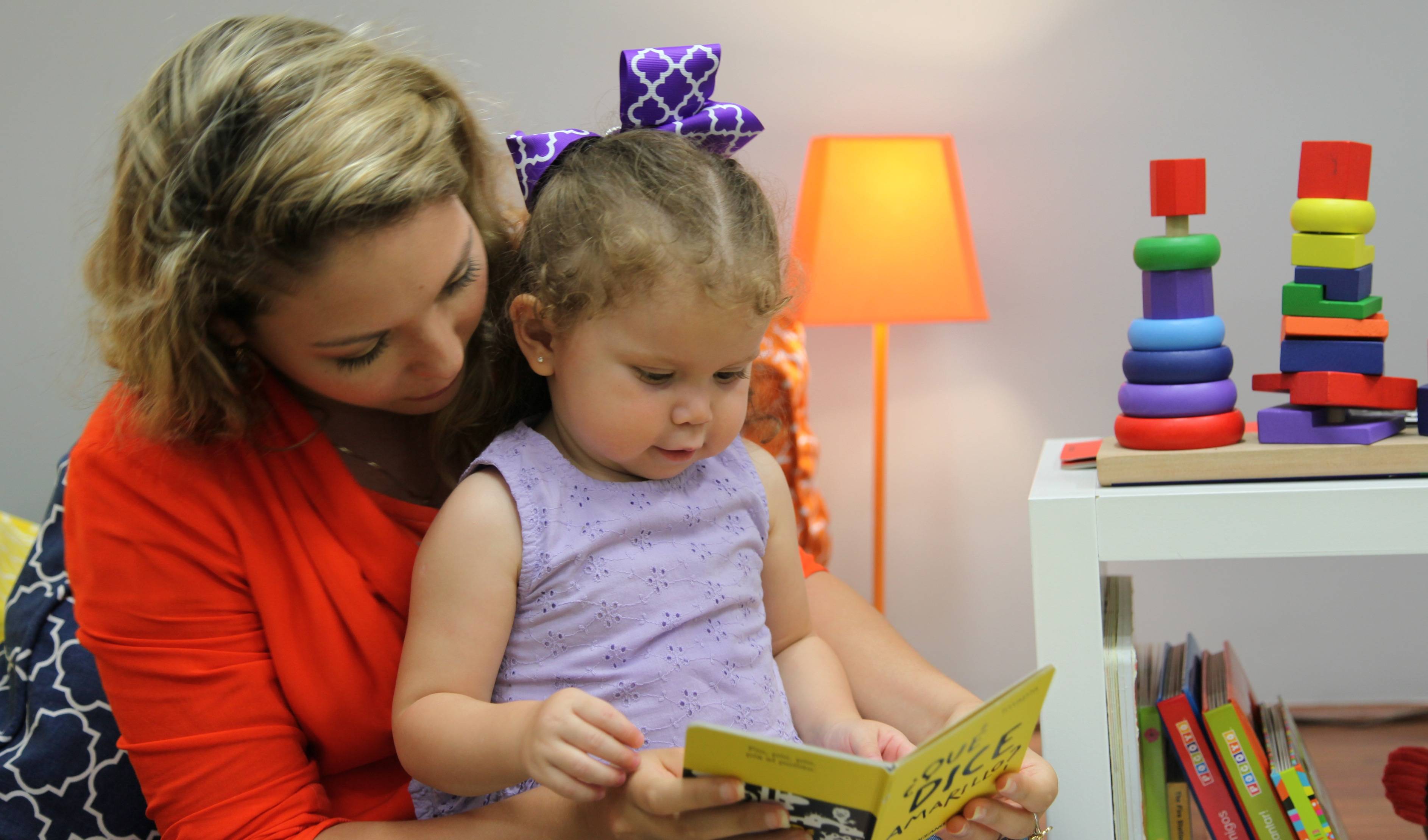
Key points: 1. Reading to your child daily is highly beneficial for their brain, language, social skills, and self-control. 2. Books help children…